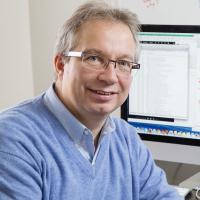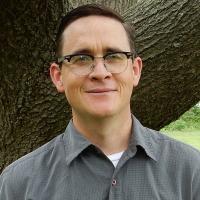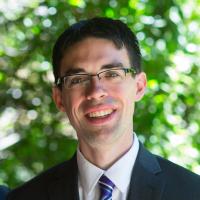iSchool researchers will present their work at the Workshop on Research Objects 2019 (ro2019), which will be held in conjunction with eScience 2019 on September 24-27 in San Diego, California. The Research Objects approach proposes a way to "package, describe, publish, archive, explore, and understand digital research outputs by reusing existing Web standards and formats." Workshop participants will explore recent advances and challenges remaining to increase Research Object uptake among data providers, researchers, and other stakeholders.
Bertram Ludäscher will deliver the keynote, "From Research Objects to Reproducible Science Tales," in which he will discuss how research objects can make “computational science tales” more reproducible and transparent.
Ludäscher is a leading figure in data and knowledge management, focusing on the modeling, design, and optimization of scientific workflows, provenance, data integration, and knowledge representation. He is a faculty affiliate at the National Center for Supercomputing Applications and the Department of Computer Science at Illinois. He studied computer science at the Karlsruhe Institute of Technology and received his PhD in computer science from the University of Freiburg.
PhD student Craig Willis will present the paper, "Application of BagIt-Serialized Research Object Bundles for Packaging and Re-execution of Computational Analyses," which he coauthored with Ludäscher, iSchool scientist and software developer Timothy McPhillips, Associate Professor Victoria Stodden, Assistant Professor Matthew Turk, Kyle Chard, Niall Gaffney, Matthew B. Jones, Kacper Kowalik, Jarek Nabrzyski, Ian Taylor, and Thomas Thelen. The paper describes the researchers' experience adopting the Research Object Bundle (RO-Bundle) format with BagIt serialization (BagIt-RO) for the design and implementation of “tales” in the Whole Tale platform.
Ludäscher will present the paper, "Reproducibility by Other Means: Transparent Research Objects," on behalf of McPhillips, who coauthored the paper with Ludäscher, Willis, PhD student Michael Gryk, and Informatics PhD student Santiago Núñez-Corrales. The paper tries to clarify some conceptual and terminological issues around “reproducibility” and makes a case for emphasizing transparency of computational studies and experiments (not just re-executability of code).


